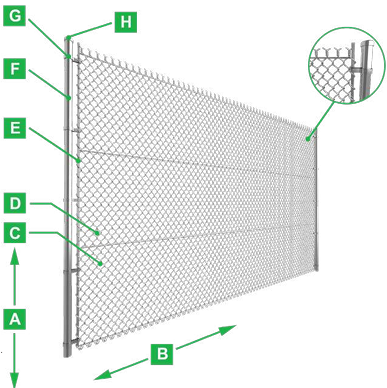Vaping has emerged as a popular alternative to traditional smoking, and it’s crucial to understand the role of nicotine in this context. Nicotine is a key component of many vaping products, and its effects and risks deserve a closer examination. Understanding the addictive nature of nicotine, customizing your nicotine intake, being aware of health considerations, and knowing your limits are all key factors in responsible vaping. Visit this website to buy uwell caliburn online.
Nicotine: The addictive substance
Nicotine is a naturally occurring chemical found in tobacco leaves. It’s responsible for the addictive qualities of tobacco products, including cigarettes and, by extension, vaping. When you inhale nicotine through vaping, it enters your bloodstream, stimulating the release of dopamine in the brain. This pleasurable sensation can lead to nicotine addiction, making it important to be mindful of your consumption.
Nicotine levels vary
Vaping allows users to choose their nicotine levels, from high concentrations to nicotine-free options. Beginners often start with higher nicotine levels to mimic the sensation of smoking. Over time, many vapers gradually reduce their nicotine intake, or even transition to nicotine-free e-liquids, as they no longer require the same nicotine “hit.”
Customizing your nicotine intake
One of the advantages of vaping is the ability to customize your nicotine intake. You can choose the concentration that suits your preferences and work toward reducing it at your own pace. This flexibility can be a helpful tool for those looking to quit smoking or gradually decrease their nicotine consumption.
Health considerations
While vaping is generally considered a less harmful alternative to smoking, it’s essential to recognize that nicotine is not without health risks. Nicotine use can lead to addiction, which can be challenging to overcome. Long-term nicotine consumption has been linked to various health concerns, including cardiovascular issues and potential effects on brain development in adolescents.
Nicotine and smoking Cessation
Some people turn to vaping as a means to quit smoking. Research on the effectiveness of vaping for smoking cessation is ongoing, but it has shown promise as a harm reduction tool. If you’re considering using vaping to quit smoking, it’s advisable to consult with healthcare professionals who can provide guidance and support tailored to your individual circumstances.
Know your limits
Understanding your limits when it comes to nicotine consumption is crucial. Whether you’re a new vaper or an experienced one, be mindful of your nicotine intake and avoid excessive usage. Monitor how your body responds to nicotine, and don’t hesitate to seek assistance if you believe you’re developing dependence.



